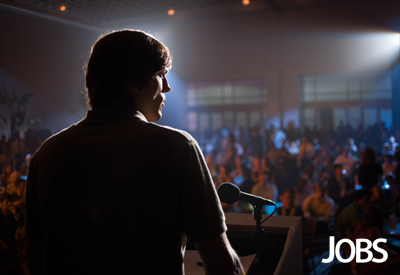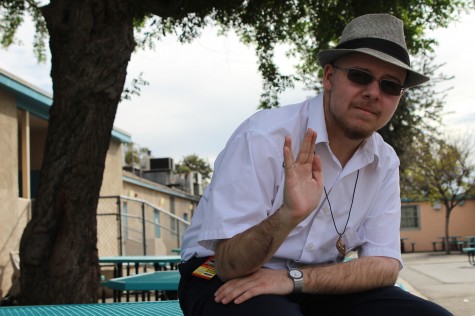"Jobs" lives up to the Legacy of Apple’s Creator
September 16, 2013

Steve Jobs has always been an enigma, one of the most recognizable people of the last 40 years while still being very secluded from the world. While everyone could see his enthusiasm for being the world’s best salesman, his life was still a big question mark.
With “Jobs,” director Joshua Michael Stern attempts to peel back a few layers on the man who created Apple by showing the formative years of Apple in the pre-iPod era. What we get is a piece about an idealist who was torn between his endless imagination and the real world problems of business.
In a pitch-perfect portrayal, Ashton Kutcher plays Steve Jobs from his dropping out of Reed College in 1974 through the creation of the Apple 1 and the rise of Apple, his 1985 removal from Apple, up until when he regains control in 1996. What Kutcher does is bring out the freewheeling, reckless, wildly cryptic, and endlessly perfectionist, imaginative powerhouse that Jobs was. What shines through is Jobs’ passion for everything he does, big or small.
And it’s not just Kutcher who performs wonderfully in the movie. Supporting actors Josh Gad and J.K. Simmons (Apple co-founder Steve Wozniak and businessman Arthur Rock, respectively) also do a great job of portraying their characters. Gad captures Wozniak’s all around friendliness and outgoing personality while Simmons does the love-to-hate part to a tee, being Jobs’ foil and main obstacle throughout his struggles during his first term as Apple’s CEO.
However, let this be clear: “Jobs” is not entirely like Steve Jobs by Walter Isaacson. Steve Jobs covered every event in Jobs’ life, from his childhood years to his death in 2011. “Jobs” shows the major events of Jobs’ life, while others, like his formative years at Reed College and his time running NeXT (another start up company Jobs founded), are shown only in brief montages between larger events. The good thing is Stern cuts the montages so that if you haven’t read the book, you still get the gist of it.
Also, “Jobs” definitely was designed to show Jobs in a more flattering light, which is fine. But viewers should know that events like firing someone for not caring about typeface was just the tip of the iceberg that is Steve Jobs’ temper. The movie does show some of that, but not nearly as much as in the book, which then gives you a more complete picture. In short, if you’re really interested in Jobs’ life, read the book and then watch the movie. If not, the movie will give you plenty of entertainment and information.
Even though “Jobs” doesn’t match Steve Jobs word for word, the film still has a very good pacing to it, as well as some well-placed humor and quite a few memorable scenes, including a particularly rage-filled phone call to Bill Gates. In the end, “Jobs” is a loving tribute to someone we clearly lost before their time and provides a revealing peek into the private life of a 20th century icon.







